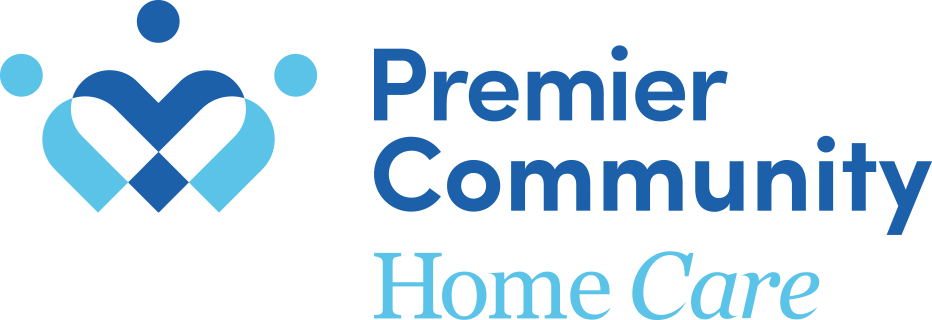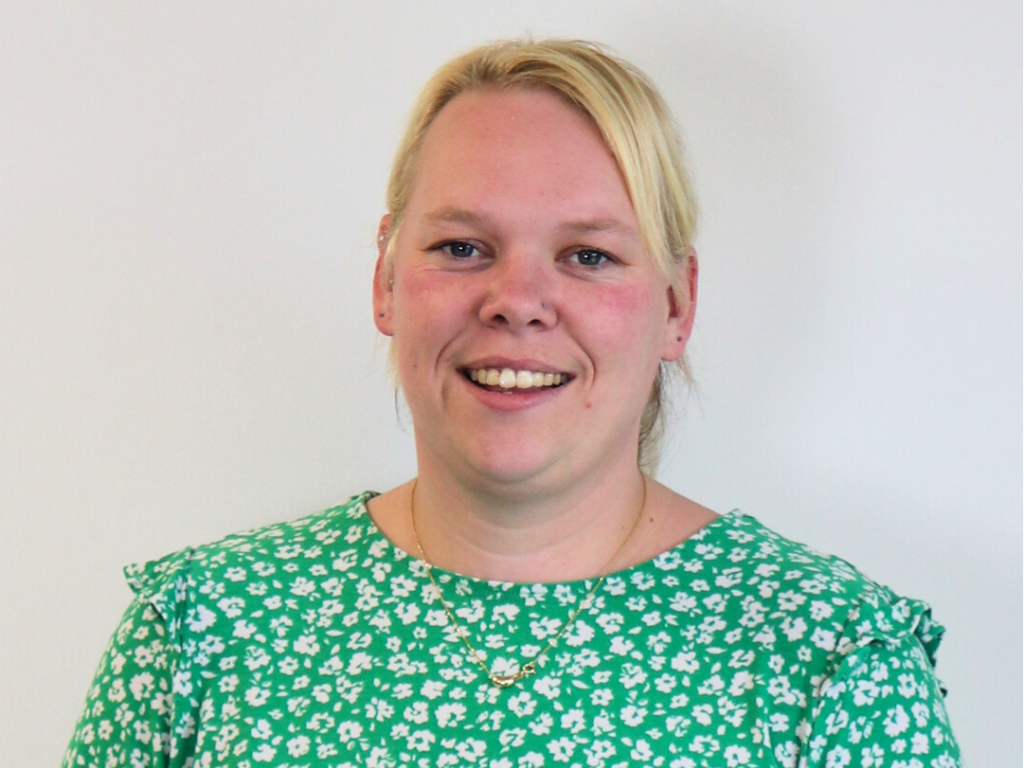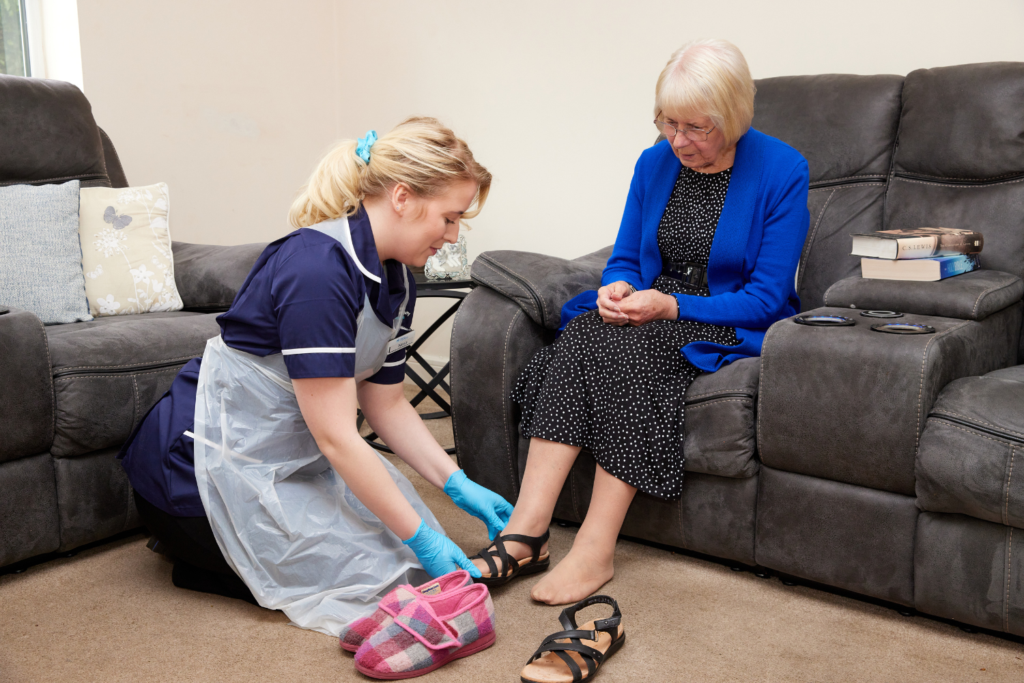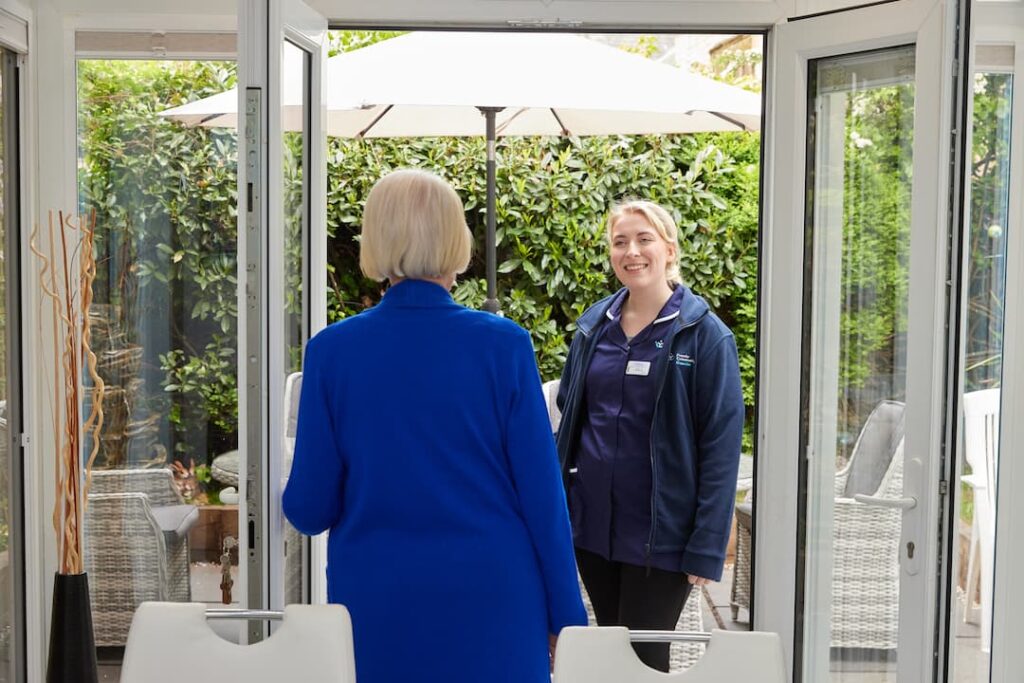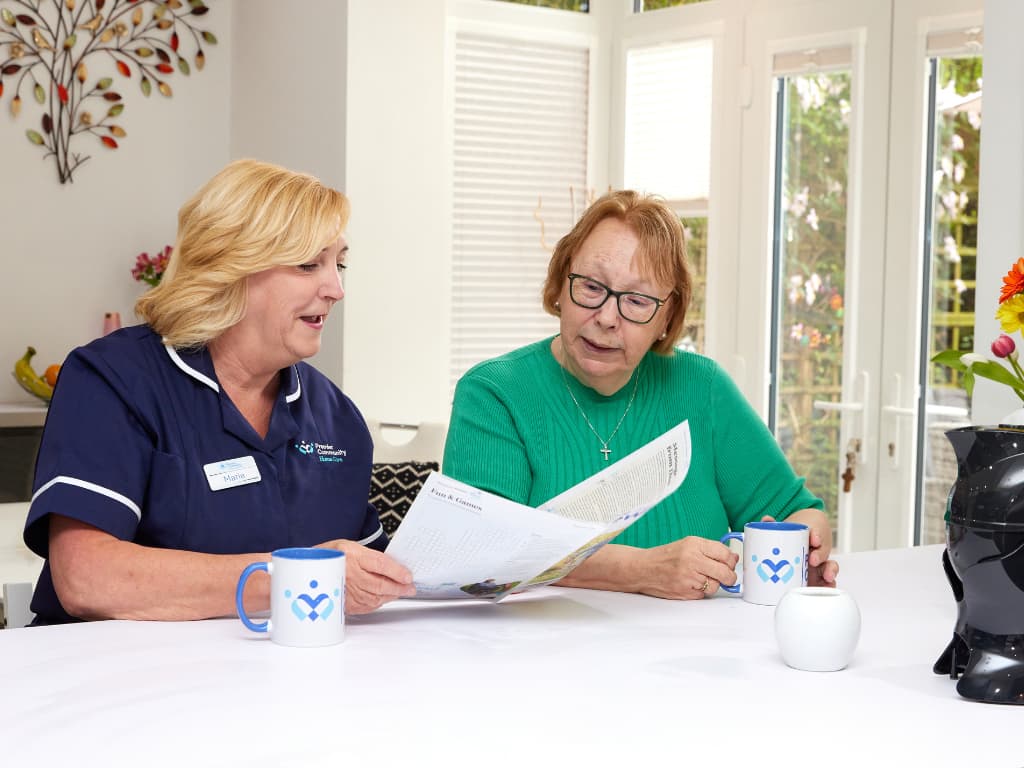In our work supporting people to live independently and with dignity, we often see how life’s pressures and challenges can weigh heavily. Whether it’s navigating the demands of caregiving, managing personal health issues, or simply coping with everyday stress, mental health can be affected. Yet, despite its importance, many still hesitate to speak out, seek support, or even admit they’re struggling.
We all have mental health, and similarly to our physical health it can fluctuate. sometimes we thrive, and sometimes we face setbacks. What’s important is recognising that we’re not alone—and that it’s okay to not be okay.
Our mental health first aider, Becky Hale, puts it perfectly:
“Everyone at some point in their life will struggle with mental health. We are all human, and life situations affect us all differently. It is certainly not anything to be embarrassed about.
The biggest step to supporting your own mental health is to talk, whether that is to your family, friends or a charity; they are there to help! Please remember it’s okay not to be okay!! You are not alone, and you need to look after number 1!!”
Becky’s message captures what we all need to hear: mental health struggles are normal, and support is always available. Yet, stigma remains one of the biggest barriers. It can prevent people from reaching out. It can make them feel ashamed or weak. And worst of all, it can lead them to suffer in silence.
Understanding the Stigma
The stigma surrounding mental health often stems from outdated beliefs or a lack of understanding. People may fear being judged, labelled, or treated differently if they admit they’re not coping. This can be especially true in professional environments or in roles where individuals feel they must “stay strong” for others.
At Premier Community, we are actively working to change that. We believe in fostering a culture where vulnerability is not only accepted but respected. Because admitting you need help is not a weakness, it’s a strength.
Talking is the First Step
As Becky said, the biggest step toward better mental health is talking. That might mean sharing how you feel with a trusted friend or family member. It could mean speaking with a colleague, your manager, or reaching out to a mental health charity. There are more support services available than ever before, including anonymous helplines, online therapy options, and peer support groups. Remember if you are an employee of Premier Community, Health Assured are available to help care for your overall mental health and wellbeing.
The act of sharing, of speaking your truth, can be a massive relief. It allows you to release what you’ve been carrying, and it opens the door to understanding, connection, and healing.
Looking After Number One
Taking care of your mental health is a vital part of overall wellbeing. It’s not selfish—it’s necessary. In our roles at Premier Community, many of us are carers in some capacity, whether professionally or personally. But to care for others, we must also care for ourselves.
Self-care doesn’t have to be grand or expensive. It can be as simple as taking a walk, reading a book, getting enough sleep, or just having a moment of peace with a cup of tea. It can also mean setting boundaries, asking for help, or saying no when you’re stretched too thin. It’s about recognising your needs and honouring them.
You Are Not Alone
Mental health challenges do not discriminate—they affect people from all walks of life. Whether you’re a caregiver, a parent, a manager, or a student, your experiences are valid. You matter. And help is available.
Let’s continue to create a community where mental health is spoken about openly and compassionately. Let’s be kind—to others and to ourselves. Because together, we can build a future where everyone feels safe to say, “I’m struggling,” and knows they’ll be met with support, not shame.
This Mental Health Awareness Week let’s break the stigma—one conversation at a time.
